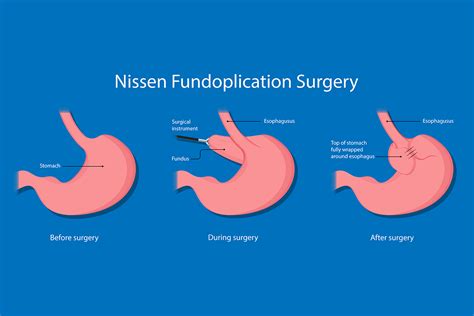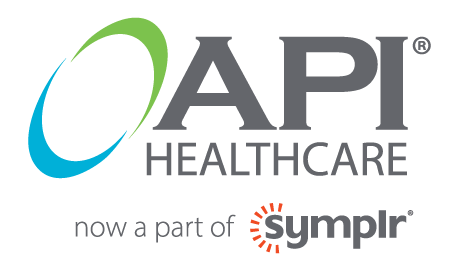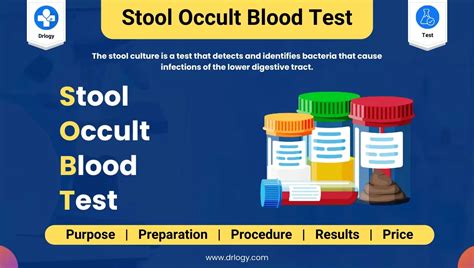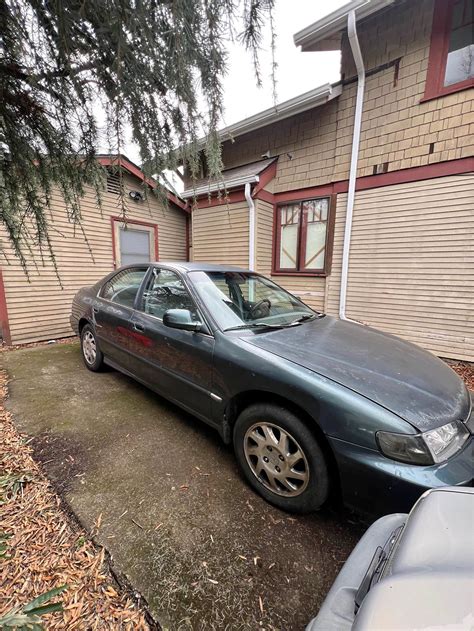What Is Nissen Fundoplication Surgery? Relief Guide

Nissen fundoplication is a surgical procedure used to treat gastroesophageal reflux disease (GERD) and other conditions where the stomach acid flows back into the esophagus, causing symptoms such as heartburn, chest pain, and difficulty swallowing. The surgery involves wrapping the upper portion of the stomach, known as the fundus, around the lower part of the esophagus to create a barrier that prevents stomach acid from flowing back up.
How Nissen Fundoplication Works
The procedure is named after Dr. Rudolf Nissen, who first introduced it in the 1950s. Over the years, the technique has undergone several modifications, but the core principle remains the same. The surgery can be performed through an open approach, which involves a large incision in the abdomen, or more commonly, through a laparoscopic approach, which involves several small incisions and the use of a camera and surgical instruments.
Laparoscopic Approach: This method is preferred for its minimally invasive nature, leading to less pain, quicker recovery, and smaller scars. The surgeon makes several small incisions in the abdomen and inserts a laparoscope (a thin, lighted tube with a camera) and surgical instruments. The camera provides a clear view of the operating area on a monitor, allowing the surgeon to perform the procedure with precision.
Open Approach: Though less common, this method might be chosen for certain patients, such as those with severe obesity or previous abdominal surgery, which can make the laparoscopic approach more challenging. The surgeon makes a larger incision in the abdomen to access the stomach and esophagus directly.
Step-by-Step Procedure
Preparation: The patient is given general anesthesia to ensure they are asleep and feel no pain during the procedure. The abdomen is cleaned and prepared for the surgery.
Accessing the Stomach and Esophagus: Depending on the chosen approach (laparoscopic or open), the surgeon gains access to the stomach and the lower esophagus.
Wrapping the Fundus: The surgeon wraps the fundus (the upper portion of the stomach) around the lower part of the esophagus. This wrap acts as a barrier to prevent the reflux of stomach acid.
Securing the Wrap: The wrap is secured with stitches. Sometimes, the surgeon might also tighten the lower esophageal sphincter (LES) by creating this wrap, further preventing acid reflux.
Closure: If the laparoscopic method was used, the surgeon closes the small incisions with sutures or staples. For the open approach, the larger incision is closed in layers to ensure proper healing.
Recovery and Aftercare
Recovery from Nissen fundoplication surgery typically involves a short hospital stay, especially if the open approach is used. Patients who undergo laparoscopic surgery may be able to go home the same day or the next day. The recovery process involves:
Diet: A liquid diet is usually recommended for the first few days, gradually moving to soft foods and then to a normal diet over the next few weeks. Patients are advised to eat smaller, more frequent meals and avoid lying down after eating.
Pain Management: Pain is managed with medication prescribed by the doctor.
Follow-Up: Follow-up appointments with the surgeon are crucial to monitor the healing process and address any concerns or complications.
Risks and Complications
While Nissen fundoplication is generally considered safe and effective, as with any surgical procedure, there are potential risks and complications, including:
Bleeding and Infection: Risks associated with any surgical procedure.
Damage to the Esophagus or Stomach: Although rare, there is a risk of perforation or damage to these organs during the surgery.
Difficulty Swallowing: Some patients may experience dysphagia (difficulty swallowing) after the surgery, which usually improves over time.
Gas and Bloating: Because the wrap can prevent the belching of gas, some patients may experience bloating and discomfort.
Alternatives and Considerations
Before opting for Nissen fundoplication, it’s essential to explore other treatment options for GERD, including:
Lifestyle Changes: Weight loss, dietary adjustments, and avoiding trigger foods can help manage symptoms.
Medications: Antacids, histamine-2 (H2) blockers, and proton pump inhibitors (PPIs) can reduce stomach acid production.
Other Surgical Options: LINX reflux management system and Transoral Incisionless Fundoplication (TIF) are alternatives to traditional Nissen fundoplication, offering less invasive approaches for some patients.
Conclusion
Nissen fundoplication is a highly effective surgical treatment for GERD and related conditions, offering significant relief from symptoms for many patients. However, it’s crucial to weigh the potential benefits against the risks and consider all available treatment options under the guidance of a healthcare professional. With proper care and adherence to postoperative instructions, most patients can expect a significant improvement in their quality of life.
Frequently Asked Questions
Is Nissen fundoplication a permanent solution for GERD?
+While Nissen fundoplication is highly effective in managing GERD symptoms, it may not be a permanent solution for everyone. Some patients may experience a return of symptoms over time, although this is less common. Regular follow-up with a healthcare provider is essential to monitor the effectiveness of the procedure and address any new or recurring symptoms.
<div class="faq-item">
<div class="faq-question">
<h3>Can anyone undergo Nissen fundoplication surgery?</h3>
<span class="faq-toggle">+</span>
</div>
<div class="faq-answer">
<p>Nissen fundoplication is typically recommended for patients with severe GERD who have not responded to lifestyle changes and medical therapy. However, the decision to undergo surgery should be made on an individual basis, considering factors such as the severity of symptoms, overall health, and potential risks. Patients with certain conditions, such as severe obesity or previous abdominal surgery, may require special consideration.</p>
</div>
</div>
<div class="faq-item">
<div class="faq-question">
<h3>What are the dietary restrictions after Nissen fundoplication surgery?</h3>
<span class="faq-toggle">+</span>
</div>
<div class="faq-answer">
<p>After Nissen fundoplication, patients are advised to follow a specific diet to help their body heal and to minimize the risk of complications. Initially, a liquid diet is recommended, progressing to soft foods and eventually to a normal diet over several weeks. It's also important to avoid trigger foods that can cause acid reflux, eat smaller meals, and not lie down after eating.</p>
</div>
</div>
<div class="faq-item">
<div class="faq-question">
<h3>How long does it take to recover from Nissen fundoplication surgery?</h3>
<span class="faq-toggle">+</span>
</div>
<div class="faq-answer">
<p>The recovery time for Nissen fundoplication surgery can vary depending on the individual and the surgical approach used. Generally, patients who undergo laparoscopic surgery can expect to recover more quickly, often returning to normal activities within a few weeks. Those who undergo open surgery may require a longer recovery period, typically several weeks to a few months.</p>
</div>
</div>
<div class="faq-item">
<div class="faq-question">
<h3>Are there any long-term complications of Nissen fundoplication?</h3>
<span class="faq-toggle">+</span>
</div>
<div class="faq-answer">
<p>While Nissen fundoplication is considered safe, there are potential long-term complications to be aware of, including dysphagia (difficulty swallowing), gas and bloating, and the possibility of the wrap loosening over time, which can lead to a return of GERD symptoms. Regular follow-up with a healthcare provider is crucial to monitor for these complications and address them promptly if they arise.</p>
</div>
</div>
<div class="faq-item">
<div class="faq-question">
<h3>Does Nissen fundoplication affect the ability to belch or vomit?</h3>
<span class="faq-toggle">+</span>
</div>
<div class="faq-answer">
<p>Yes, the Nissen fundoplication can affect the ability to belch, as the wrap around the esophagus can prevent the normal belching of gas. This is a common side effect but usually does not cause significant discomfort. Vomiting is also more difficult after the surgery, although it's not entirely impossible. These changes are part of the surgery's mechanism to prevent acid reflux.</p>
</div>
</div>
</div>



